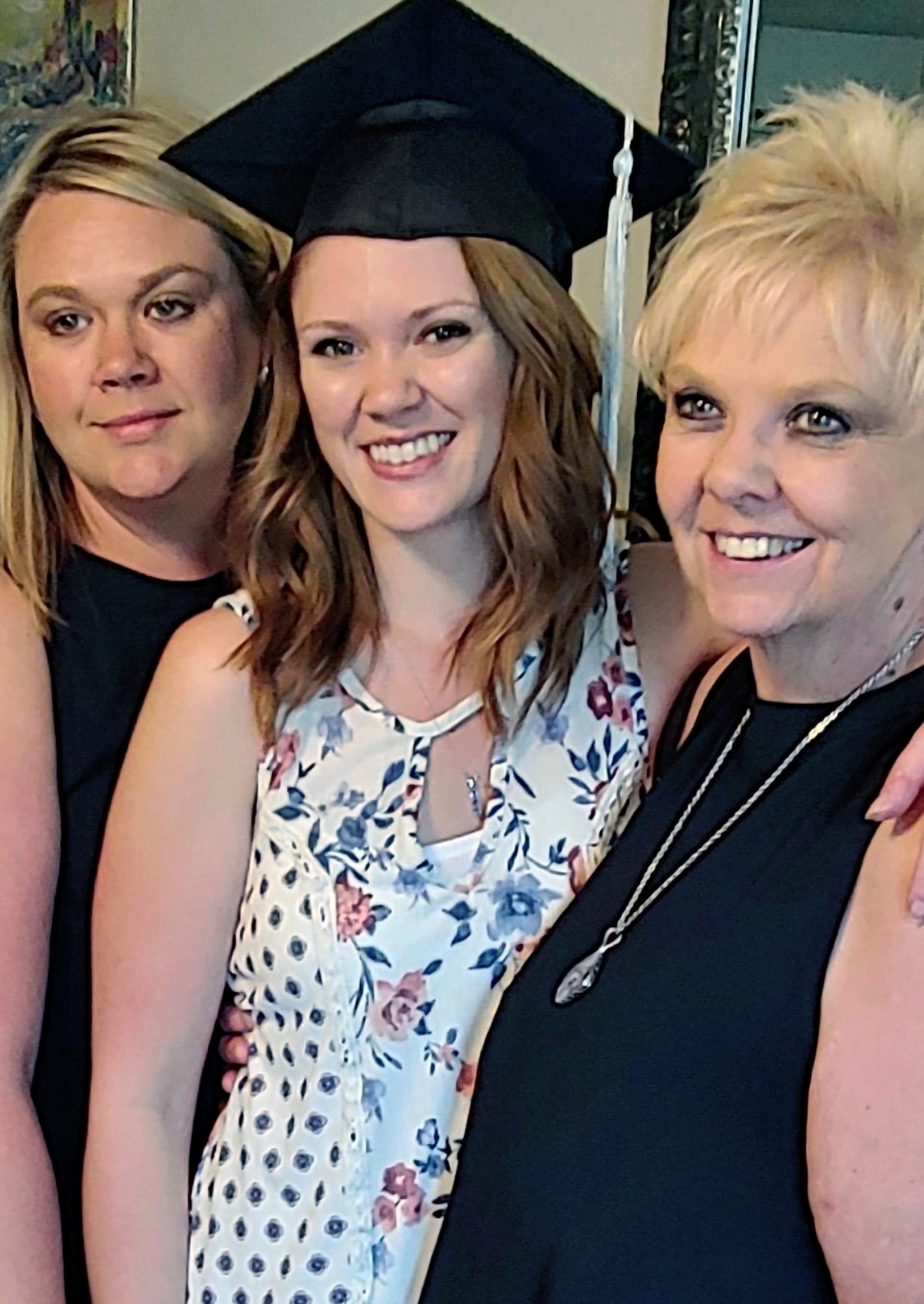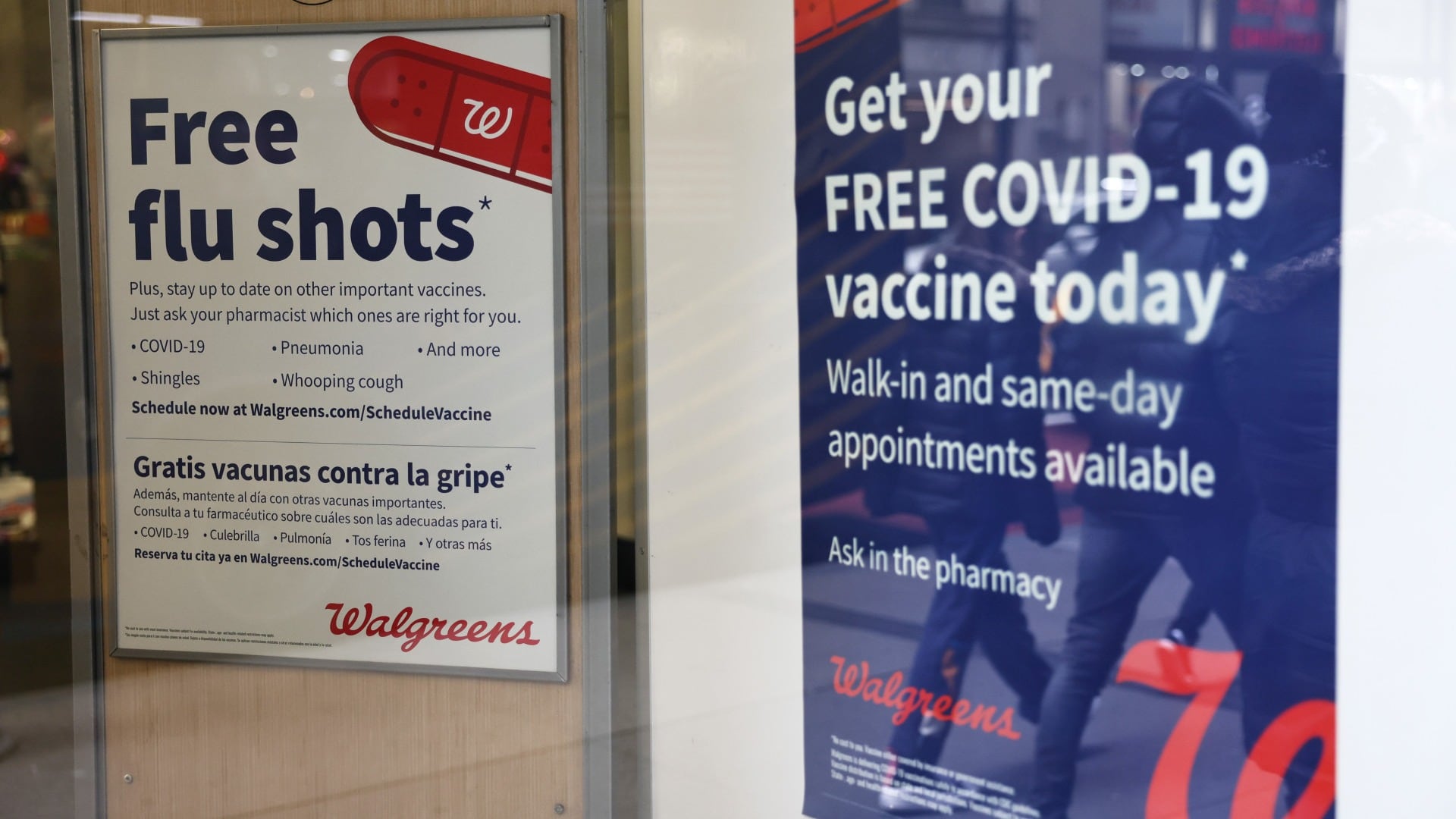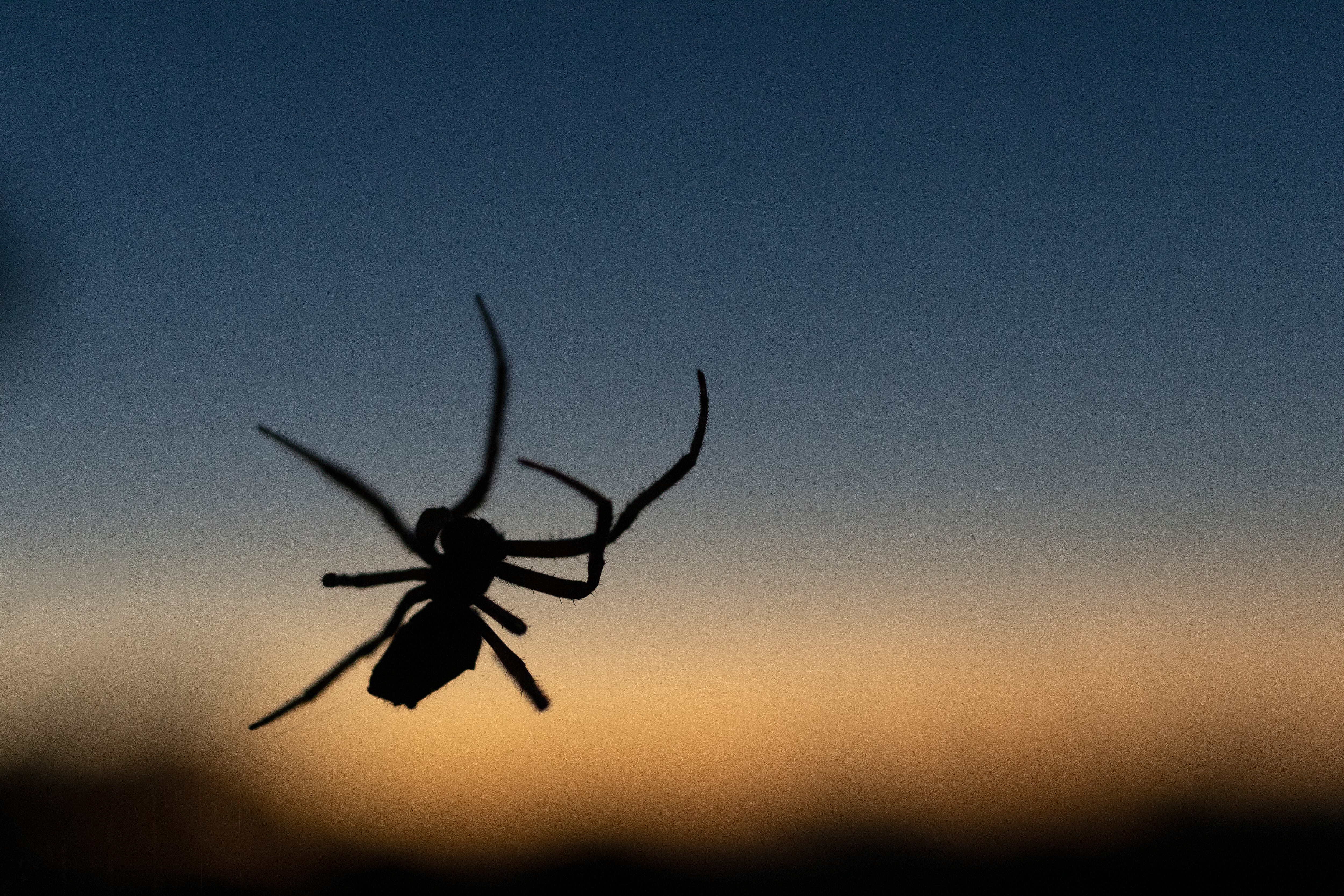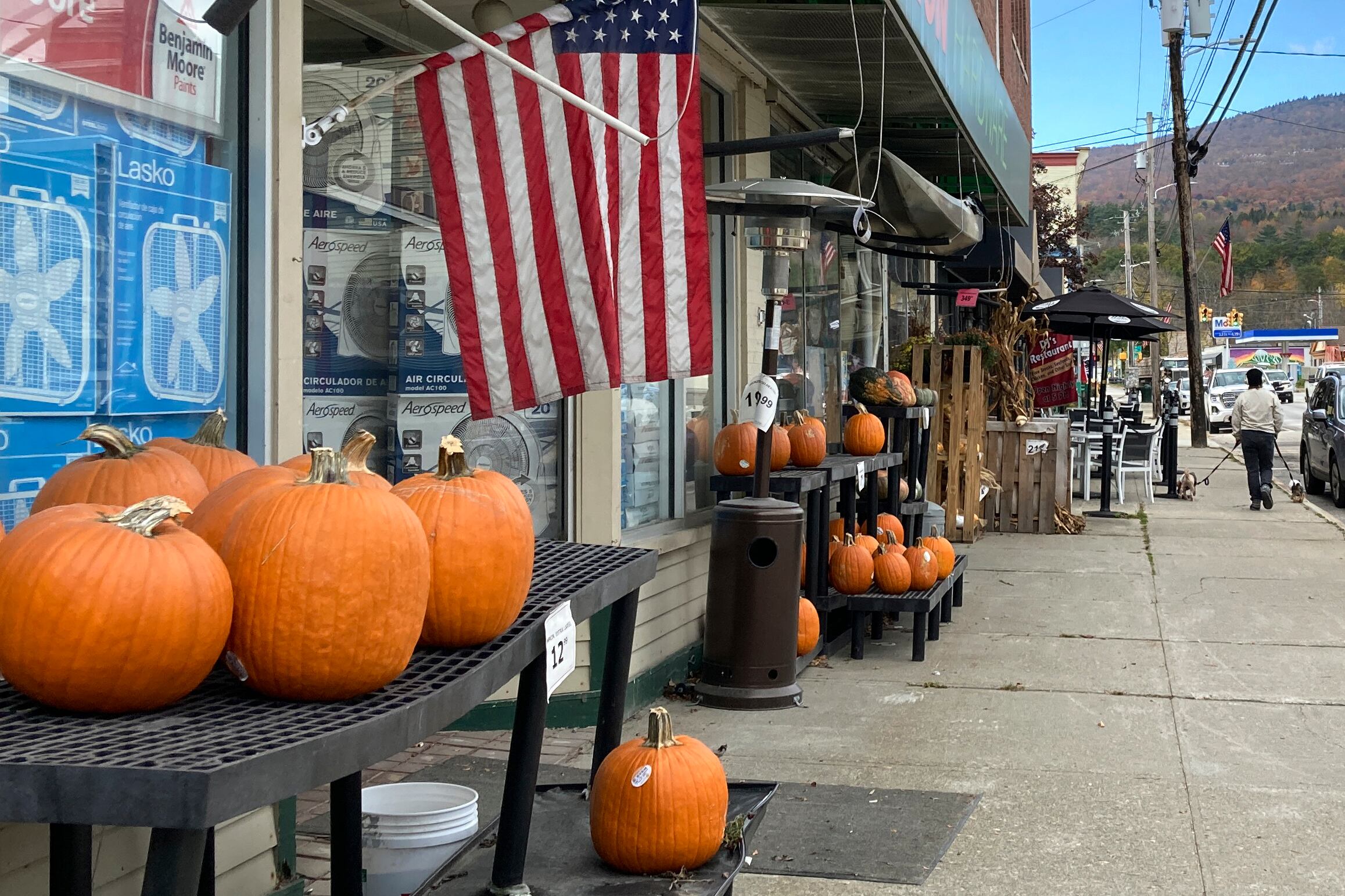The ongoing Avian flu, popularly referred to as the bird flu, is ravaging bird communities and is even crossing over into other mammal populations.
Currently, the bird population is experiencing its largest-ever recorded outbreak of avian flu and it has been apparent from a human standpoint as the cost of poultry-related items soars. Since October 2021, around 60 countries have culled millions of chickens – and other birds – in hopes to mitigate the spread of the flu.
In the U.S. alone, more than 55 million birds had either succumbed to the virus or were culled.
It is still spreading exponentially and once a bird has been infected, it has a 90 to 100 percent chance of mortality. Typically chickens die within two days of infection.
According to the CDC, part of the reason behind the elevated spread is because the virus is no longer just a Spring migration-time disease. Resident birds, like ducks, who do not migrate for the winter are now spreading the virus year-round.
While humans are not typically impacted by the avian flu, scientists noted mutations in the virus that makes it easy to replicate in mammals.
"But it's when it starts to spread from one mammal to the next mammal to the next mammal, its in those environments where we think it's most likely that it will pick up these changes that allow us to switch hosts, and that's why we get concerned," Richard Webby, an infectious disease researcher at St. Jude Children's Research Hospital in Memphis, told CNN.
A report from The Atlantic noted mammal deaths that were attributed to the avian flu in dolphin populations, Montana Grizzly bears went blind and even seals that contracted the virus showed negative reactions like convulsing and death.












